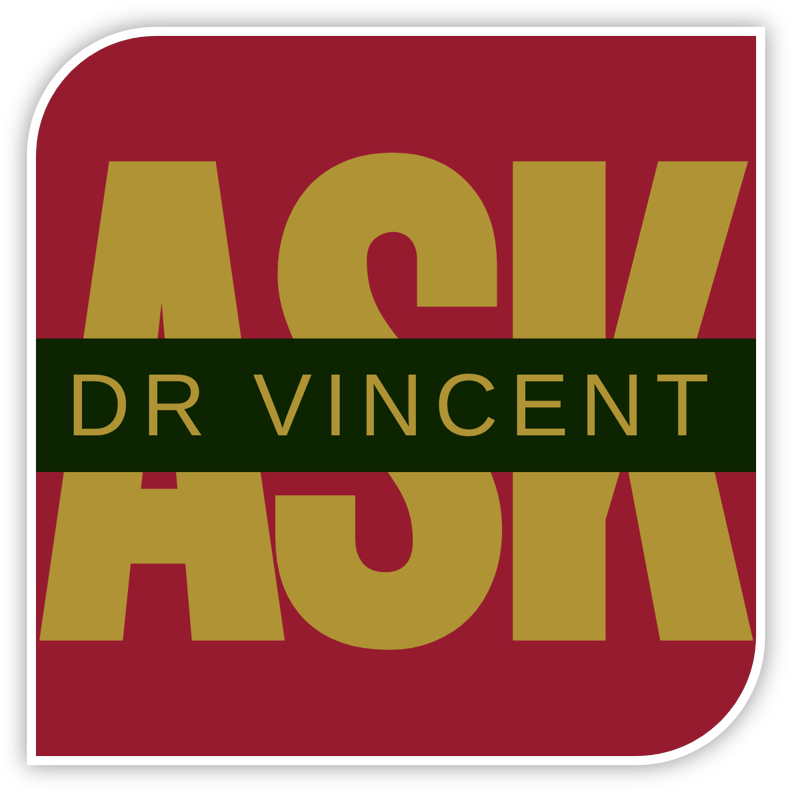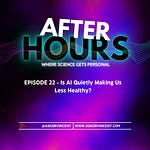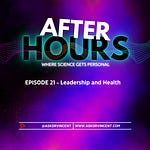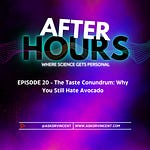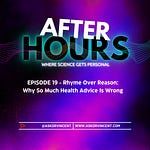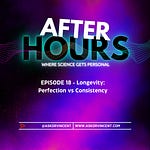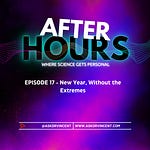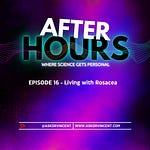In this week’s episode of After Hours, Christian and I dive into one of the most overlooked pillars of health: sleep. What makes a good night’s rest? Why do some people wake up tired even after eight hours? And what really happens inside your body when you dream?
We live in a world that glorifies productivity, where sleep is often treated like an inconvenience rather than a necessity. But sleep isn’t a pause button: it’s the most sophisticated repair system your body has.
During the night, every cell in your body gets a chance to detox, rebuild and reset. It’s not just rest; it’s regeneration. Yet, so many people wake up exhausted, even after what looks like a full night’s sleep. The truth is, you can’t fix tiredness by adding more hours. You fix it by improving how you sleep.
A good night’s sleep moves through several stages. It starts with light sleep, when your body drifts between consciousness and rest. Then comes Stage 2, where your heart rate slows, your temperature drops, and your brain starts filing away memories. Stage 3 is deep sleep, this is your body’s healing mode, when growth hormones are released and tissues repair. Finally, you enter REM, or rapid eye movement sleep. This is when you dream. It’s your brain’s emotional and creative maintenance window, sorting thoughts, processing feelings and strengthening neural connections. Miss this stage, and you’ll wake up foggy, moody and mentally flat — no matter how long you slept.
So why do we still feel tired after sleeping? Because modern life sabotages our sleep architecture. Blue light from screens delays melatonin release, alcohol and heavy meals block deep sleep, and stress hormones like cortisol spike at night when they should be low. Even low-grade inflammation can prevent your body from reaching restorative sleep. That’s why quality matters far more than quantity. Seven solid hours of uninterrupted, rhythmic sleep will do more for your brain, skin and mood than ten restless ones.
When it comes to sleep aids, not everything that knocks you out helps you sleep. Melatonin can be useful for jet lag, but using it nightly can disrupt your natural circadian rhythm, basically it tells your body when to sleep, not how deeply. CPAP machines, on the other hand, are life-changing for people with sleep apnea, ensuring proper oxygen flow.
For those without clinical sleep issues, I often recommend natural options like phenolics combined with passionflower. Passionflower gently calms the nervous system, while apple phenolics reduce inflammation that interferes with deep sleep. Together, they help you drift off naturally and stay asleep, without confusing your body’s biological clock.
Good sleep isn’t a luxury, it’s a foundation. It’s where memory, metabolism, and mood repair themselves. It’s also where your skin heals, your hormones rebalance, and your body learns how to cope with stress. Think of sleep as one of your most powerful antioxidants, a nightly detox that money can’t buy. Honour it, protect it and you’ll wake up not just rested, but restored.
🎧 Listen to the full episode of After Hours: “Why You Still Feel Tired After Sleeping” — where science gets personal.


